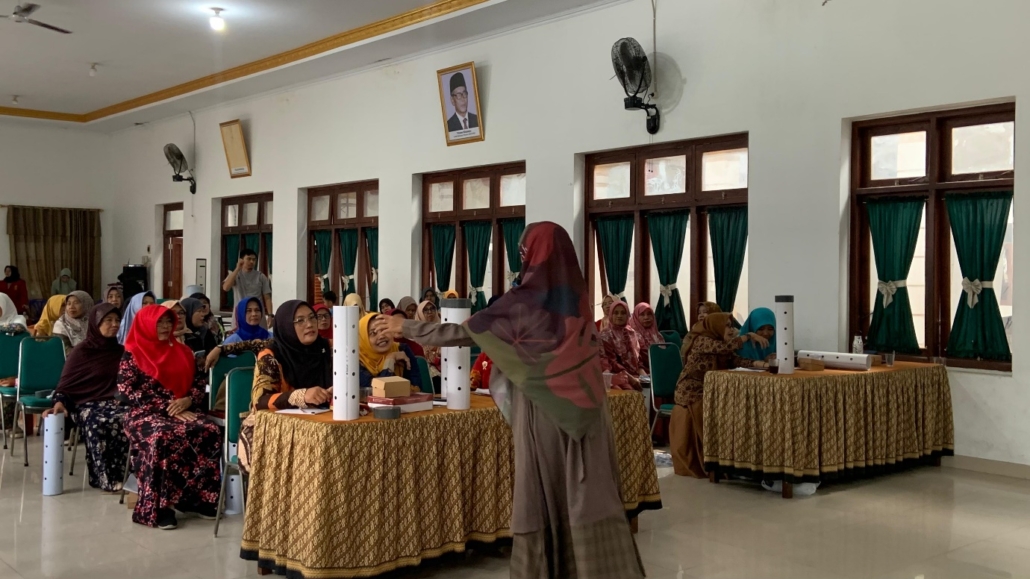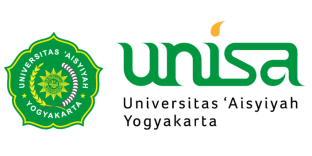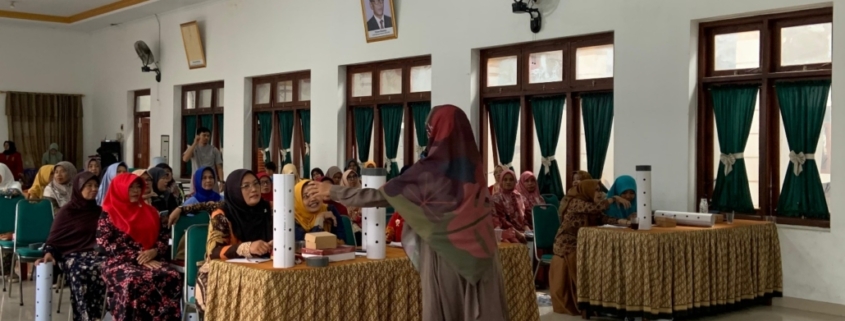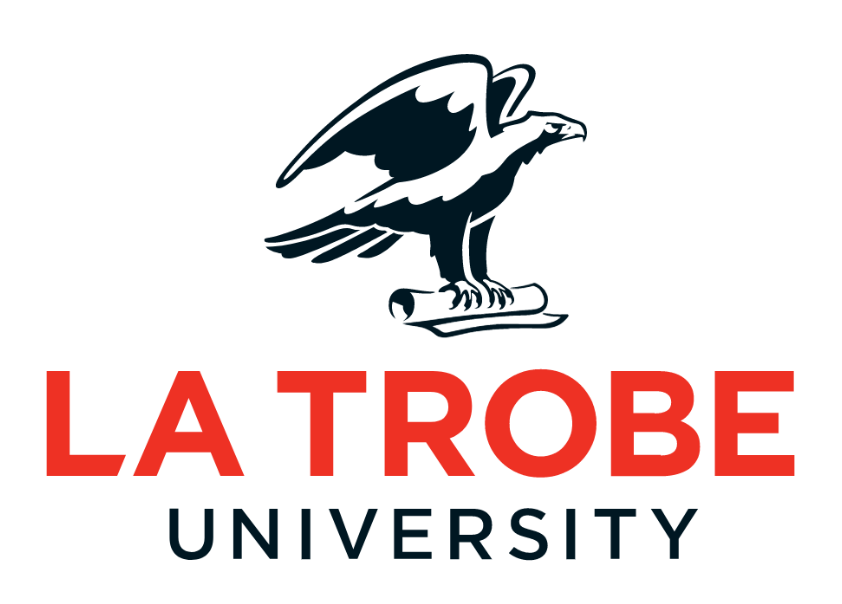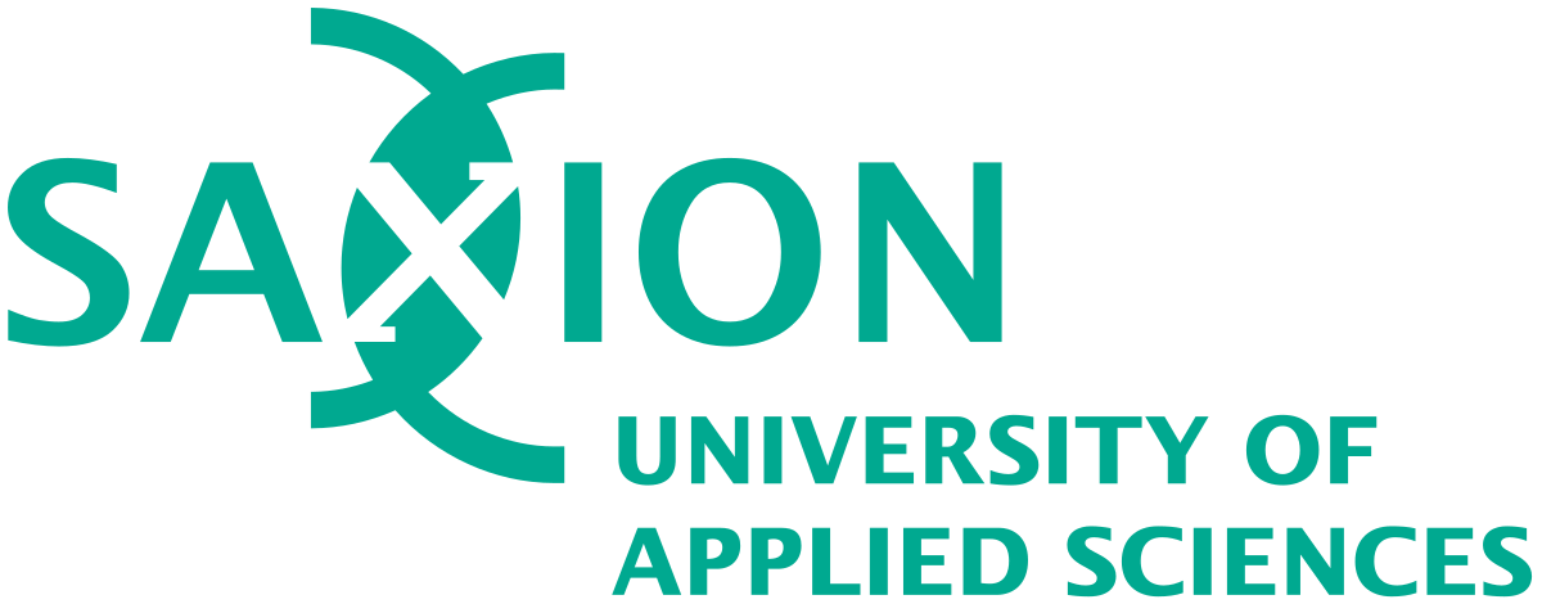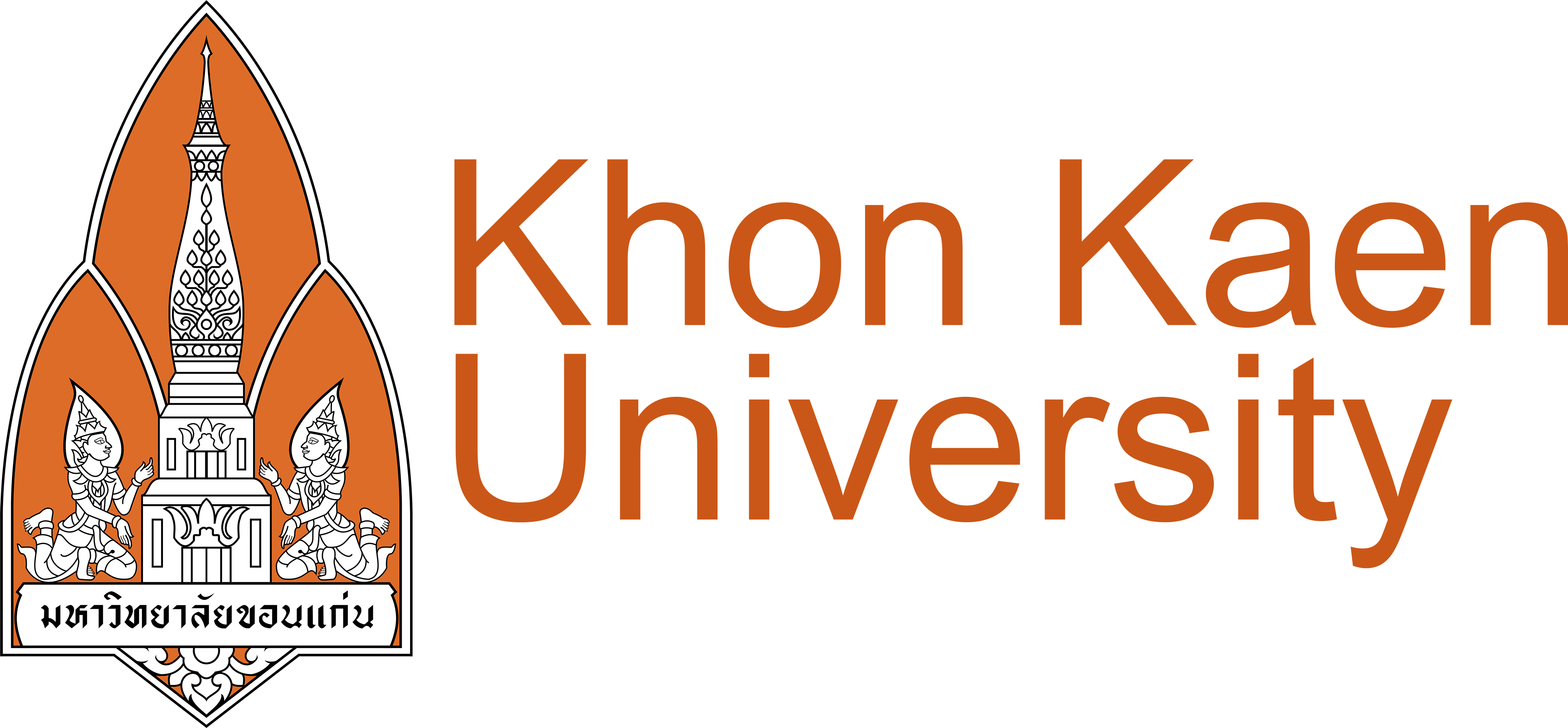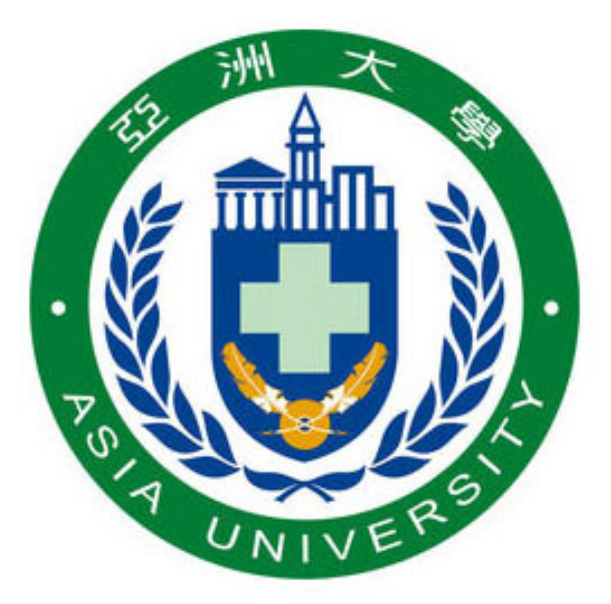UNISA Yogyakarta and UMY Collaborate to Achieve Environmental PHBS and Household Waste Management
The issue of household waste has become a serious concern, especially since the overflowing of the Piyungan Integrated Waste Disposal Site (TPST). Not only causing environmental problems, waste that is not managed properly can become a source of disease, such as diarrhea, dengue fever, skin infections, and respiratory tract. In this context, Clean and Healthy Living Behavior (PHBS) is an important approach to encourage changes in community behavior, especially in household waste management.
As a form of real contribution, the community service team of Universitas ‘Aisyiyah (UNISA) Yogyakarta in collaboration with Universitas Muhammadiyah Yogyakarta (UMY), and in collaboration with Balecatur Sub-district, and Aisyiyah Ranting Leaders (PRA) organized a workshop themed “Achieving PHBS through Proper Waste Management”. This activity was held at the Balecatur Village Hall, Gamping District, Sleman, on Sunday, June 15, 2025, and was attended by 60 female cadres from the PRA and the Balecatur PKK Team.
“Tujuannya adalah meningkatkan pengetahuan dan keterampilan kader dalam mengelola sampah rumah tangga serta memahami hubungan langsung antara sampah dan ancaman kesehatan keluarga,” ujar Dosen Fakultas Ilmu Kesehatan (FIKes) Unisa Yogyakarta, Indriani, S.KM., M.Sc, Rabu (2/7/2025).
The workshop was divided into three sessions, namely the opening session delivered by the head of PKK Balecatur, Nor Faizah Kaeni, S.S., M.A and the head of PRA Balecatur, Hj. Suprihatin. The second session was the delivery of workshop materials and the third session was the practice of waste management. In the first material session, Indriani conveyed the importance of implementing PHBS in the household setting, especially in waste management. Based on PHBS principles, a clean and healthy home environment is an important determinant in preventing the emergence of various environment-based diseases. “Household waste that is not managed properly can become a breeding ground for disease vectors such as flies, mosquitoes, and rats, which contribute to the increased risk of diarrhea, dengue hemorrhagic fever (DHF), skin infections, and respiratory disorders,” said Indriani.
Furthermore, Indriani emphasized that behavior change in waste management, especially through sorting organic and inorganic waste from the source, is an integral part of promotive and preventive strategies in public health efforts. “Through the PHBS approach, the community is expected to not only understand the importance of maintaining the cleanliness of the home environment, but also have the awareness and willingness to implement healthy practices as part of their daily life culture,” she said.
